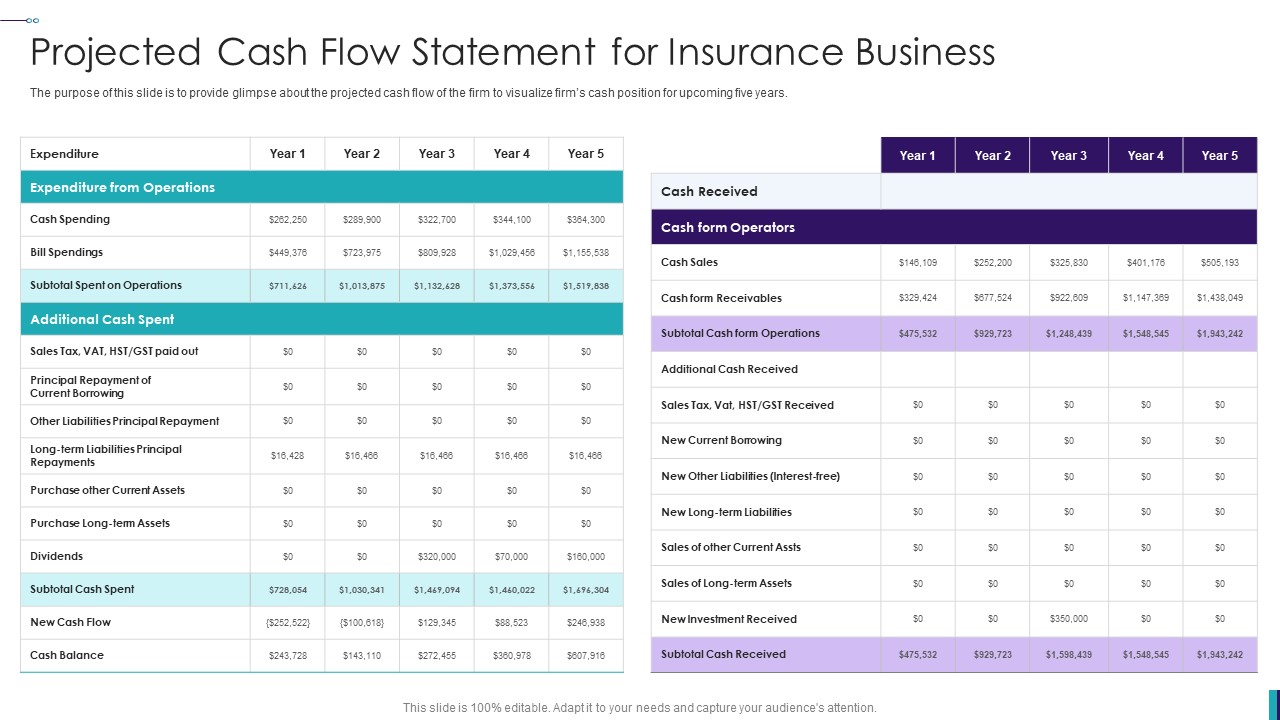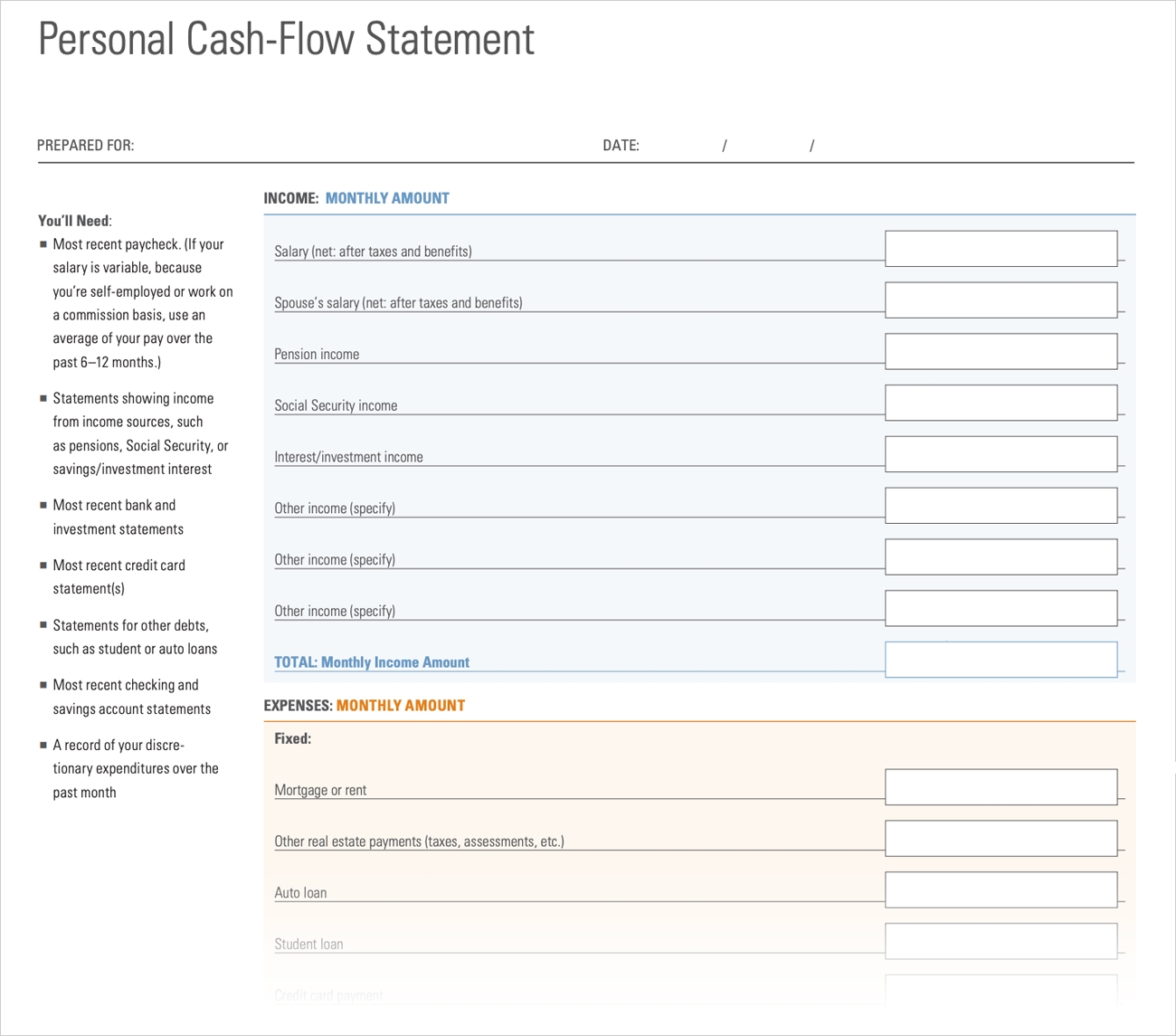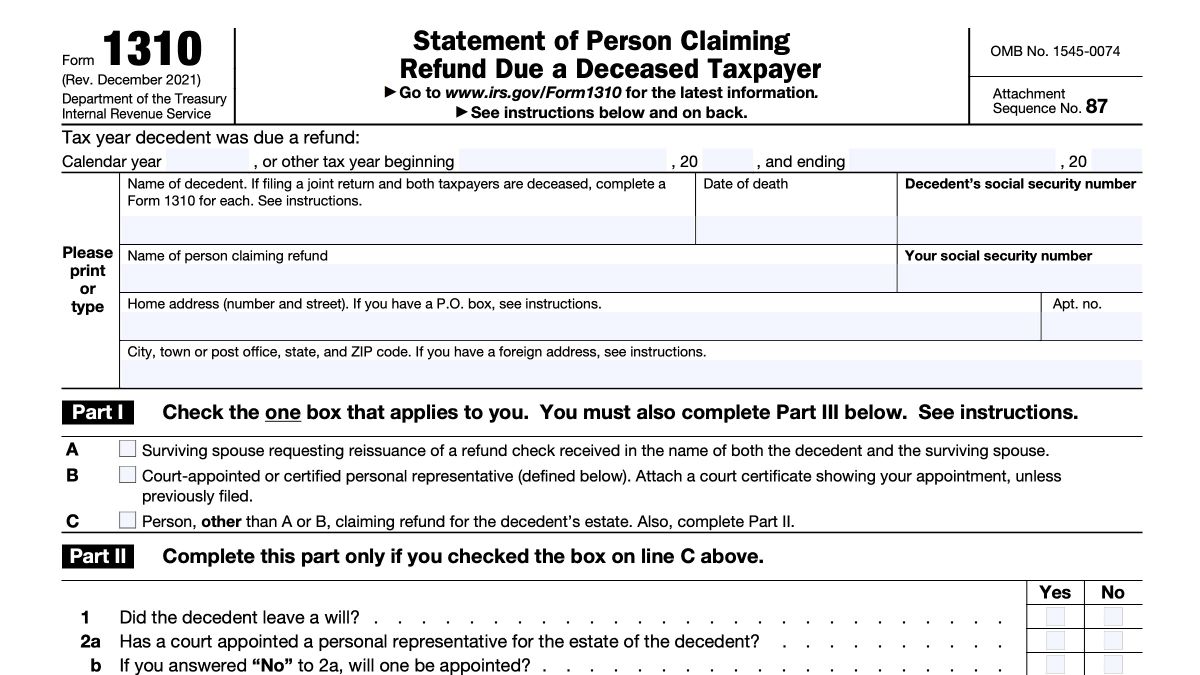

Finance
Inbound Cash Flow Definition
Published: December 7, 2023
Learn the meaning of inbound cash flow in finance and how it impacts your financial stability. Understand the importance of managing your finances effectively.
(Many of the links in this article redirect to a specific reviewed product. Your purchase of these products through affiliate links helps to generate commission for LiveWell, at no extra cost. Learn more)
Understanding Inbound Cash Flow: A Key Element of Financial Success
Welcome to the “FINANCE” category on our page! In this blog post, we will delve into the concept of inbound cash flow and its significance in achieving financial success. Understanding this essential aspect of personal and business finance can empower you to make informed decisions that will positively impact your financial well-being. So, let’s dive in and explore what inbound cash flow is all about!
Key Takeaways:
- Inbound cash flow refers to the money coming into your personal or business accounts from various sources.
- By effectively managing and increasing inbound cash flow, you can improve your financial stability and plan for future growth.
Firstly, let’s define inbound cash flow. In simple terms, it is the money that flows into your accounts from multiple avenues. These sources might include your salary, rental income, dividends, sales revenue, or any other source of income. Having a clear understanding of inbound cash flow is crucial, as it forms the foundation of financial planning and decision-making.
Now, you might wonder why inbound cash flow is so important. Well, here are a couple of key reasons why:
1. Financial Stability:
Inbound cash flow plays a vital role in ensuring financial stability. By carefully managing your cash inflows, you can cover your expenses, meet financial obligations, and build an emergency fund. A positive and consistent inbound cash flow enables you to weather any unexpected financial storms that may come your way.
2. Future Planning and Growth:
When you have a healthy inbound cash flow, you have the power to plan for the future and pursue new opportunities. This could involve investing in assets, expanding your business, or saving for long-term goals such as retirement. By effectively managing and increasing your inbound cash flow, you can create a strong financial foundation and achieve your future aspirations.
To optimize your inbound cash flow, consider implementing the following strategies:
1. Diversify Income Sources:
Relying solely on a single source of income can be risky. Explore ways to diversify your sources of income, such as investing in stocks, real estate, or starting a side business. This can create additional streams of inbound cash flow and increase financial stability.
2. Monitor and Control Expenses:
Keeping a close eye on your expenses is essential to maintain a positive inbound cash flow. Create a budget, track your spending, and identify areas where you can cut costs or make more cost-effective choices.
3. Increase Revenue or Income:
If you have a personal finance goal or are running a business, finding ways to increase your revenue or income is crucial. This could involve negotiating a salary raise, actively seeking sales opportunities, or investing in marketing strategies to attract more customers. By boosting your inbound cash flow, you can improve your financial health and achieve your financial goals more efficiently.
In summary, understanding inbound cash flow is vital for achieving financial success. By effectively managing and increasing your inbound cash flow, you can enhance your financial stability, plan for the future, and open doors to new opportunities. Remember to diversify your income sources, control expenses, and seek ways to boost your revenue. Empower yourself with this knowledge and start your journey towards financial well-being today!














